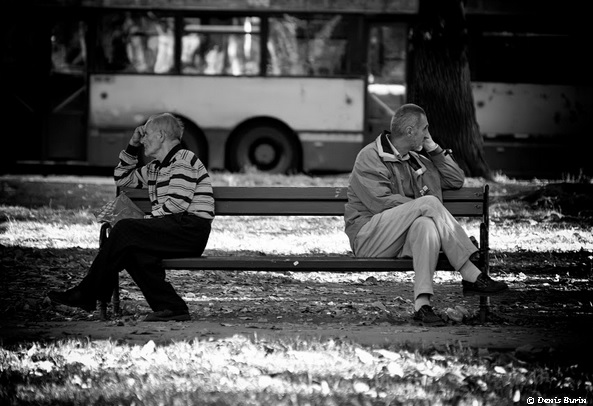The problem with forgiveness is that no one really understands what it is.
The only certain thing about forgiveness is that people are directed to do it on a daily basis.
“If you don’t forgive, you are just hurting yourself.”
This is a pretty strong argument to make. And attempting to understand forgiveness is precisely the problem.
Yet, some claim to be able to forgive and also not to forget. This seems like an outlandish claim.
How can you really forgive if you don’t forget?
Let’s break it down.
There are variety of definitions for forgiveness. It is the releasing of grudges. It is a pardon. It is transmutation. It is making peace with fear. It is embracing the moment and no longer being hostage to the past.
But, what happens when forgiveness becomes a prescription for being a good human? This too causes problems because being human means experiencing the entire spectrum of emotion. It is okay to feel hate in your heart. It’s okay to be pissed. It’s all a part of being a human animal endowed with very real instincts that are informed by a variety of emotions.
Sometimes when we are told to forgive it can sound like, “Stop defending yourself.” Or better yet, “Stop protecting yourself.”
The animal inside of us all knows just how stupid both of those statements are, because without defending or protecting we cannot live, let alone forgive.
A strong relationship is one that is defended and protected. A strong relationship exists within clear boundaries and agreements. There is very little ambiguity. A life without borders is unrecognizable and generally chaotic.
And there is nothing wrong with chaos. It just is.
I am speaking both relativisticly and definitively. I believe that forgiveness exists in the middle of these two world view points.
On the one hand, it is good to forgive. On the other, it is not good to forgive if in doing so one feels a deeper sense of personal violation—if it is inauthentic.
And, is there such a thing as inauthentic forgiveness? Is forgiveness and absolute or a journey?
In reality, you could replace the concept of forgiveness with musings about love. We would still talk about it in broad strokes and with conclusive statements. It is not humanly possible to do otherwise.
As a counselor, I listen to clients talk about forgiveness often. In today’s society, there is a premium on self-forgiveness. The topic dominates a large portion of the “self-help” section in today’s bookstores.
Clients who have even the mildest self-awareness talk about needing to love themselves, forgive themselves and approve of themselves. We all kind of know this, but are a bit clueless when it comes to actually doing it.
This is another issue with forgiveness: Is it a way of being or something to do?
The greatest way to understand this is through an old parable my philosophy teacher told in one of my college classes, “A young philosopher will ask questions believing he will receive answers. The old philosopher asks questions knowing it will only lead to more questions.”
Simply, forgiveness is a question not an answer. It can’t be arrived at.
And the greatest act of forgiveness available to humans is giving thanks and living in gratitude. So, if forgiveness is a question, “Thank you” is the answer.
Lastly, having an answer is not the same as arriving. It is tempting to treat forgiveness like an item on a check-list or giving thanks as an annual event. Actually, both are on-going. So, if you are struggling to forgive, know that it is nothing to be forced or to be remanded to the “been there done that” pile.
In really simple terms, don’t struggle with anything. Live your way into it. Life will thank you.
Love elephant and want to go steady?
Sign up for our (curated) daily and weekly newsletters!
Editor: Emily Bartran
Photo: Denis Burin/Pixoto







Read 0 comments and reply